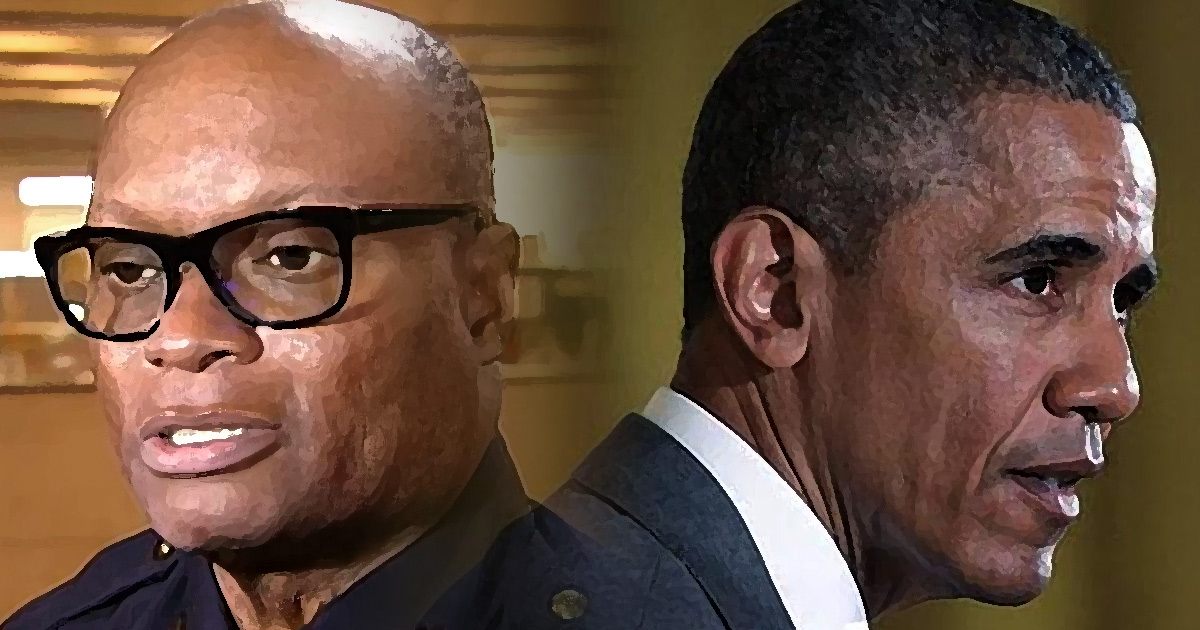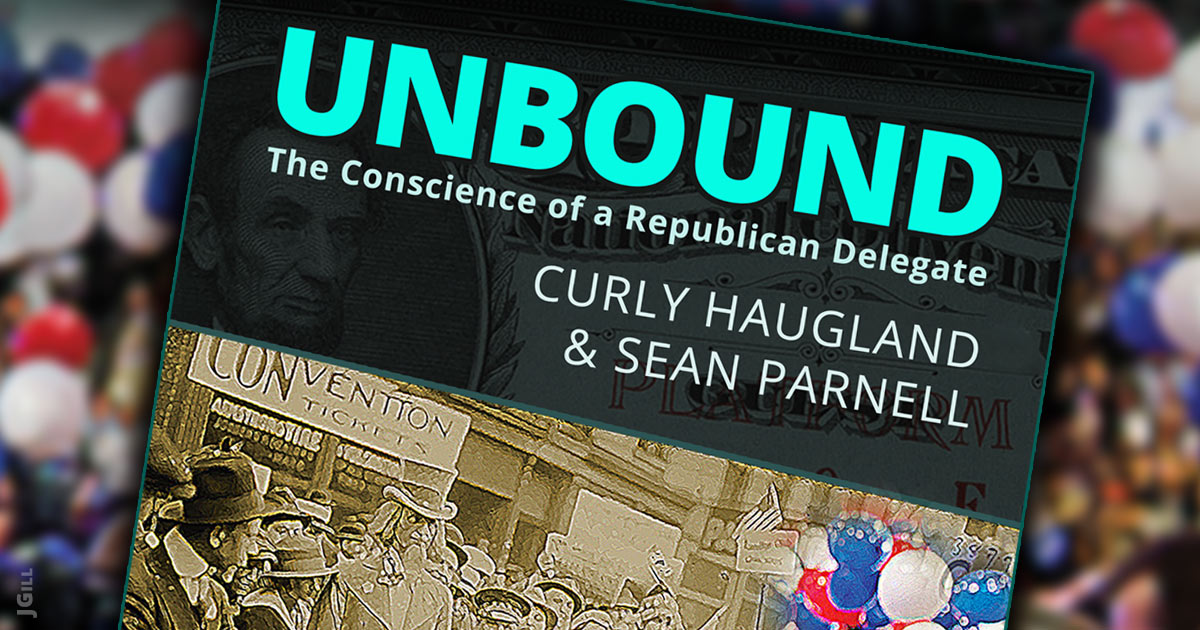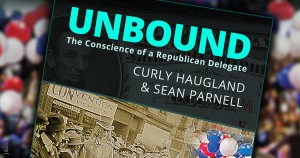Requiring government transparency is as necessary in those areas where governments can grant special favors as in those where governments can inflict direct harm.
That is, it’s as important regarding government worker pensions as it is of the abuse of police power.
In Nevada, the legal requirement for the state’s Public Employee Retirement System (PERS), to disclose who gets what in pension payments was recently thwarted by PERS itself.
“By replacing names with ‘non-disclosable’ social security numbers in its actuarial record-keeping documents, PERS has attempted to circumvent the 2013 ruling of the Nevada Supreme Court requiring disclosure,” explained Joseph Becker of the Nevada Policy Research Institute.
I’m quoting from NPRI’s July 6 press release. Most such publicity isn’t all that interesting, but this one catching government agencies deliberately working against their duties sparks a certain … interest. Wouldn’t you say?
Simply by altering how it keeps records, PERS officials hoped to stifle public … “spying.” It’s reasonable to prevent government from giving out public servants’ Social Security numbers, so PERS switched to listing information under those numbers, in so doing “violating both the letter and spirit of the Nevada Public Records Act,” explains Becker.
And thus undermining democracy — republican governance — itself.
This public disclosure wouldn’t be an issue if the pension system were run privately, based on defined contribution funding. But that’s not how governments do things.
We must hold government’s proverbial feet to the fire — of public information — to make sure government employees and taxpayers are both treated fairly.
This is Common Sense. I’m Paul Jacob.











